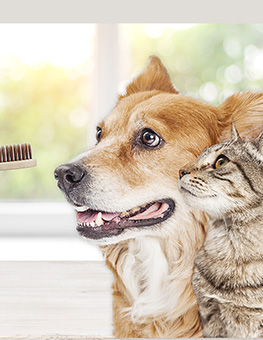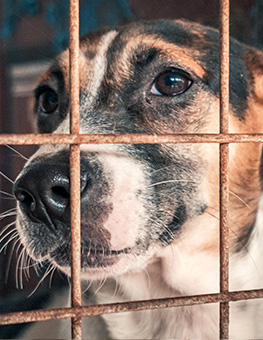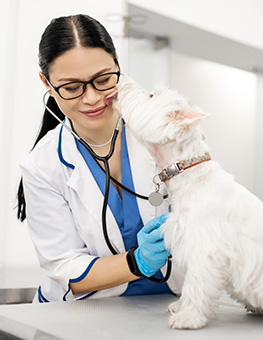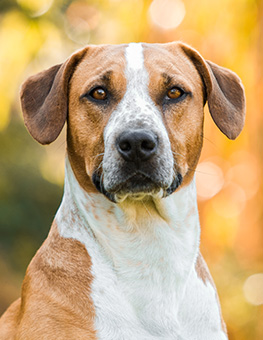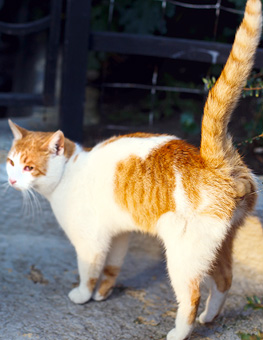Top 3 Winter Safety Tips for Your Dog
With temperatures dropping all over the country, it's beginning to feel a lot more like winter with snow, wind and ice putting a damper on your daily activities.
As a dog owner, this is a time of year when you should take a closer look at your pet care standards and keep an eye out for potential seasonal hazards that could cause your dog unneeded trouble over the next several months. With all of the preparations you'll make for the holiday season, make sure you consider the following winter safety precautions as well to ensure your dog's quality of life.
- Salt and ice melter. Once the first snow comes, plow trucks will begin to coat your roads with sand, and your friends and neighbors will use salt and other forms of ice melter on their driveways and walkways. According to PetPlace.com, these substances can be dangerous if ingested by your dog, and they can build up on his or her paw pads rather quickly. Make an effort to clean off your dog's paw pads after coming indoors during the winter to ensure that he or she won't lick any of the material off and become sick down the road.
- Fire hazards. During the winter, many individuals opt to use space heaters, electric blankets, candles and other heating products which could prove to be fire hazards. Be sure to keep a close eye on these products, as one swish of a tail could knock something over and leave you with a major problem on your hands. Unplug everything after each use and be mindful of your dog's behavior during cold winter nights.
- Proper dog attire. While it may seem a bit frivolous, some breeds of dogs are extremely susceptible to extreme cold, so they will need the right clothing to protect them throughout the winter. According to VetStreet.com, if your dog has a thin coat, consider purchasing a sweater or another piece of outerwear to protect his or her torso, as well as small booties that can safeguard your dog's paw pads from frostbite and the accumulation of salt and ice melter. Additionally, do not expose your dog to long periods of time outdoors - dogs are just as susceptible to hypothermia as humans, so your companion should spend as much time indoors as possible.
This content is provided by the pet wellness experts at Hartz. We know that adopting a dog or cat is a huge commitment, so we're here to help you feel confident and become the best pet parent you can be.



